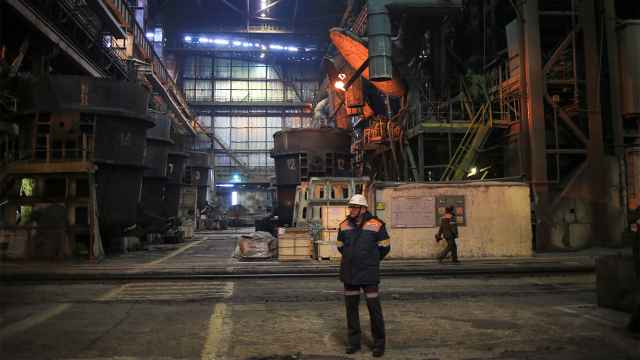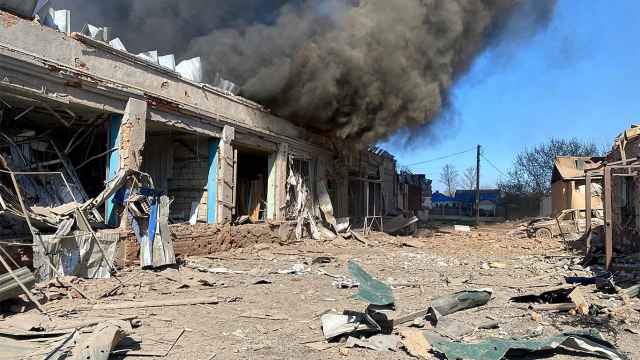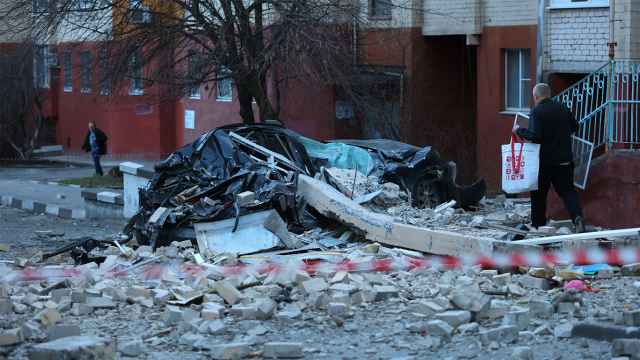One of the most interesting features of the modern Russian economy is that over the past 20 years it has been built from the shell of a failed Communist model.
During this period, the country has faced enormous challenges when nearly all of the foundations of a capitalist system had to be created from scratch. Most important, it required the creation of a new class of managers able to work and prosper in a new economic system.
This fundamental shift required a new cadre of young professionals with the intellectual capacity to absorb the new concepts and the energy to effect the change. As in any substantive shift, the inertia from the prior period needed to be overcome and a highly focused and consistent program developed and implemented.
During the economic turbulence of the 1990s, this was extremely challenging. Not only did this new management class need to learn the fundamentals of their trade, but they also had to adapt them to the specifics of a hostile and chaotic legal, financial and macroeconomic environment.
Fortunately, Russia is blessed with a pool of extraordinarily gifted university graduates. This created the intellectual raw material needed for the new economy. But the curricula of many of the leading universities still did not include modern management practices and theories. Over recent years, this deficiency has been addressed both by updating syllabuses, creating joint academic programs with Western universities and establishing new business schools.
But the West does not have all the answers. During the recent economic crisis, management practices worldwide were put to the test and found wanting. In the United States, the subprime fiasco alongside the unprecedented case of investor fraud committed by Bernard Madoff demonstrated an unhealthy combination of greed, lack of due diligence, poor structuring and the suspension of common sense among investment bankers, advisers and their clients.
This has been exacerbated by the fiscal imprudence of many of the Western economies in which the state overspent and fueled the sense of entitlement from the public for a better life on borrowed funds. The ensuing firestorm will have far-reaching implications for economic growth and social practices.
Russian managers who survived the turbulent environment of the transition economy of the 1990s were able to learn many of the essential elements of crisis management. The most severe test came with the 1998 default, when many entities disappeared and those that remained had to shift tactics fundamentally to the new realities.
Over the past 15 years, the best of Russia’s managers has evolved from the raw survival necessities of the 1990s into sophisticated operators in an environment that has access to complex financing and risk management tools.
The future development of management practices in Russia should rely on a combination of input from Western experts and practical learnings from two turbulent but highly instructive decades of developing Russia’s new economy.
Stuart Lawson, former CEO of HSBC Russia, is a consultant and visiting lecturer at the Moscow School of Management Skolkovo.





